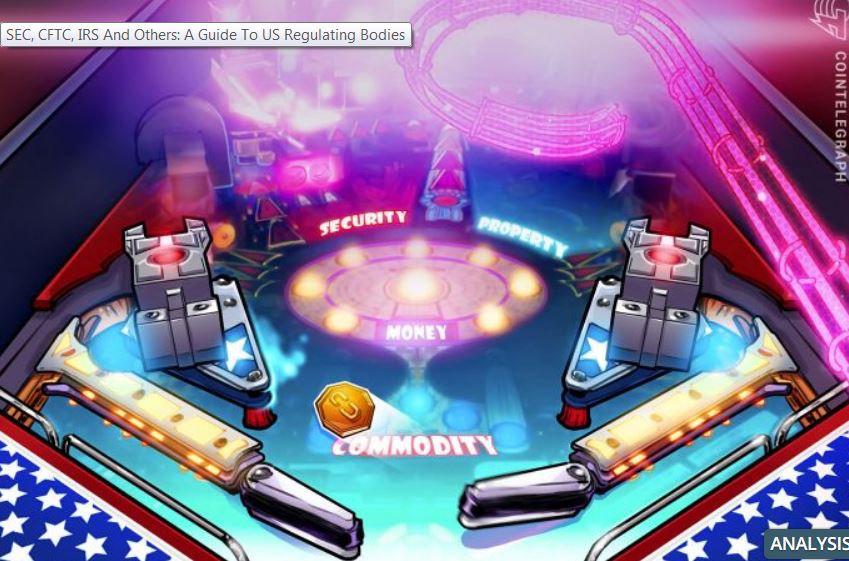A high-profile ICO is touting its latest invention: a dividend

Since bitcoin was invented, its backers have pitched it as an innovation that will upend the financial world as we know it. Many believe that initial coin offerings (ICO), which typically blend aspects of cryptocurrencies and crowdfunding, are an important step in that revolution, a way to render the conventional routes of fundraising obsolete.
But sometimes the new way of doing things looks a lot like the old way. Overstock.com CEO Patrick Byrne is chairman of a trading platform for ICO tokens called tZERO. Now, the electronic venue is planning its own ICO, which it expects will be regulated as a security in the US (unlike some other token offerings). It will raise the money through a private placement for accredited investors, and the token will trade on the company’s own platform. Most notably, it will pay holders a percentage of tZERO’s eventual profits, distributed quarterly. In other words, a regular old stock dividend.
ICOs have caught on in a big way this year, raising more than $3 billion, according to CoinSchedule. This popularity has brought scrutiny, namely whether and when ICOs should be subject to the same rules as securities like stocks and bonds and is hotly debated. Unlike an initial public offering (IPO), the disclosures accompanying an ICO often consist of a white paper detailing technical specifications for building a computer network.
Many ICO backers say they aren’t issuing securities because their digital tokens merely relate to a product they intend to create, designed for use within an application. A founder of Tezos, which raised about $230 million through an ICO, said its token offering was similar to receiving “a tote bag” in return for a donation, according to Reuters.
Overstock’s CEO sees ICOs differently. He thinks all stock securities will eventually become tokens, trading on the distributed-ledger blockchain technology that underpins cryptoassets like bitcoin. In an interview with Quartz earlier this month, Byrne said blockchain can eliminate about 90% of the current costs of trading, by removing the need for Wall Street’s back-office plumbing.
Byrne says the traditional IPO process is broken for small companies, with too many intermediaries involved. Big banks have lost interest in small businesses and aren’t interested in looking at even $50-million IPOs, he says.
“You’d have to be nuts to go public in the American stock market as it currently exists,” he said.
Rather than finding a loophole in securities regulation, tZERO says its tokens will work within US rules. The venue is an alternative trading system (ATS) that’s been approved by the US Securities and Exchange Commission. The tZERO ICO is raising money using a legal frameworkcreated by law firm Cooley in New York known as a “simple agreement for future tokens”. This is meant to allow token sales to be compliant with US securities laws.
Argon, an investment bank that’s part of the tZERO venture, is developing a set of questions that will determine whether an ICO token is permitted to trade on its venue. That sounds a lot like listing rules for a regular stock exchange, which imposes standards to weed out weak or disreputable companies, and to attract bigger, sophisticated investors. (Never mind that distributed ledger systems were designed to avoid relying on central authorities.)
Byrne said a lot of the ICOs to date haven’t thought through their business models, and the tokens are likely to become worthless eventually. “We certainly anticipate getting people to up their game,” he said. “We don’t want the scammy types.”











Responses